
Sudan 3 powder Red 25gm
$485.00 Original price was: $485.00.$350.00Current price is: $350.00.
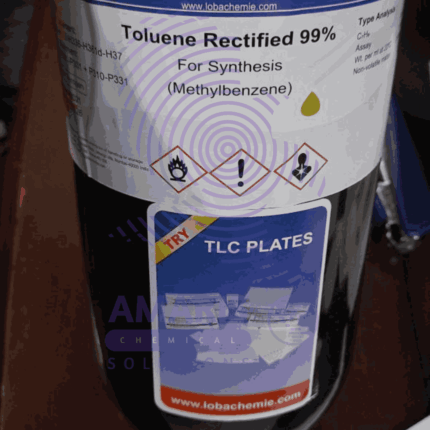
Toluene 2.5 liters
$1,745.00 Original price was: $1,745.00.$1,600.00Current price is: $1,600.00.
Sulphuric Acid 2.5 liters
$1,010.00 Original price was: $1,010.00.$950.00Current price is: $950.00.
Whatsapp Order
Sulfuric acid is a highly corrosive and strong mineral acid with the chemical formula H2SO4. It is a dense, colorless, odorless, and viscous liquid that is soluble in water and is one of the most widely used chemicals in industry. Sulfuric acid is used in the production of fertilizers, dyes, detergents, and other industrial chemicals. It is also used as a laboratory reagent and in the processing of metals and ores. Sulfuric acid is known for its ability to react violently with many substances, and it should be handled with extreme care.
SKU:
ACS35939CHEM0
Categories: Analytical Reagents, Solvents (lab)
Description
Table of Contents
ToggleUses of Sulphuric Acid
Analytical Chemistry
- Titrations: Used as a standard solution in acid-base titrations.
- pH Adjustment: Employed to adjust the pH of solutions to acidic levels.
- Preparation of Standard Solutions: Utilized in the preparation of various standard solutions for analytical purposes.
Synthesis
- Reagent for Synthesis: Acts as a catalyst and dehydrating agent in the synthesis of many chemicals, including esters and ethers.
- Dehydration Reactions: Removes water from organic compounds, such as in the conversion of alcohols to alkenes.
Cleaning and Etching
- Cleaning Laboratory Equipment: Removes organic and inorganic residues from glassware and other lab equipment.
- Etching: Used in the preparation and cleaning of surfaces for microscopy and other analysis techniques.
Sample Preparation
- Digestion of Samples: Breaks down complex matrices in sample preparation for analysis by techniques such as atomic absorption spectroscopy and inductively coupled plasma (ICP) analysis.
- Destruction of Organic Material: Used in wet digestion procedures to oxidize organic matter in samples.
Testing and Quality Control
- Acid Tests: Employed in qualitative and quantitative tests for the presence of various substances.
- Battery Acid Analysis: Analyzing the concentration and condition of electrolyte solutions in lead-acid batteries.
Catalysis
- Catalyst in Chemical Reactions: Functions as a catalyst in various chemical reactions, including esterification and hydration reactions.
Dehydrating Agent
- Dehydration of Organic Compounds: Dehydrates sugar to produce carbon and water in demonstrations of chemical reactions.
- Drying Gases: Used to dry certain gases by passing them through concentrated sulphuric acid.
Reviews (0)
Be the first to review “Sulphuric Acid 2.5 liters” Cancel reply
You may also like…
Sulphur Powder 500gm
Sulphur powder, also known as sulfur powder, is a fine, yellow, odorless powder composed of the element sulfur. It is an abundant, non-metallic element that is found in nature and is widely used in a variety of industrial and commercial applications, including fertilizers, pharmaceuticals, and in the production of rubber and paper products. Sulphur powder has antimicrobial properties and is often used as a fungicide or insecticide in agricultural applications. It can also be used as a raw material in the manufacturing of other chemicals and compounds.
Sulphuric acid 47kg 98%
Sulphuric acid is a highly corrosive and strong mineral acid with the chemical formula H2SO4. It is a dense, colorless, odorless, and viscous liquid that is soluble in water and is one of the most widely used chemicals in industry. Sulfuric acid is used in the production of fertilizers, dyes, detergents, and other industrial chemicals. It is also used as a laboratory reagent and in the processing of metals and ores. Sulfuric acid is known for its ability to react violently with many substances, and it should be handled with extreme care.
Related products
Acetic Acid Tech grade
Acetic acid Tech grade
Acetic acid is an organic acid with the chemical formula CH3COOH, also known as ethanoic acid. It is a colorless liquid with a pungent, sour taste and a distinctive vinegar-like odor. Acetic acid is an important industrial chemical used in the production of various products, including solvents, plastics, textiles, and food additives. It is also the main component of vinegar, which is commonly used as a condiment and preservative in cooking and food preparation.Aceto Carmine 100 ml
Aceto carmine is a staining solution used primarily in microscopy to highlight cellular components. It is a mixture of carmine dye and acetic acid. Here’s an overview of its properties, preparation, and uses:
Properties
- Color: Red to purplish-red.
- Solubility: Soluble in water and ethanol.
- Staining Characteristics: Stains chromatin and cytoplasmic components, providing contrast for better visualization under a microscope.
Preparation
- Ingredients:
- Carmine dye: A natural red dye extracted from the cochineal insect.
- Acetic acid: A colorless liquid organic compound with a pungent smell.
- Procedure:
- Dissolve a specific amount of carmine powder in hot distilled water.
- Add glacial acetic acid to the solution.
- Filter the mixture to remove any undissolved particles.
Aluminum Ammonium Sulphate
Aluminum ammonium sulfate, also known as ammonium alum or just alum, is a chemical compound with the formula (NH4)Al(SO4)2·12H2O. It's a white crystalline solid commonly used in water purification, leather tanning, and as a mordant in dyeing textiles.
In water purification, alum acts as a coagulant to remove impurities by causing suspended particles to clump together, making it easier for filtration to remove them. In leather tanning, it helps to stabilize the leather by tightening the collagen fibers. And in dyeing textiles, alum helps the dye adhere to the fabric.
However, it's important to note that excessive exposure to aluminum compounds like alum can be harmful, so it's typically used with caution and proper safety measures.
Hexane 2.5litres AR
Rated 5.00 out of 5
Hexane is a hydrocarbon with the chemical formula
𝐶6𝐻14.
It is a member of the alkane series, which means it is composed solely of hydrogen and carbon atoms with single bonds between them. Hexane is a colorless liquid at room temperature and is commonly used as a non-polar solvent in laboratories and industrial applications. Here are some key properties and uses of hexane:
Methanol 160 kg
Methanol, also known as methyl alcohol, is a colorless, flammable, and highly volatile liquid alcohol with the chemical formula CH3OH. It is the simplest alcohol, consisting of a methyl group (CH3) linked to a hydroxyl group (OH). Methanol is commonly used as a solvent, fuel, and antifreeze agent. It is also used in the production of formaldehyde and other chemicals, and as a feedstock for the production of other substances such as olefins and biodiesel. Methanol is toxic and can be fatal if ingested or inhaled in high concentrations.
Shellsol T
Rated 4.97 out of 5
Trichloroethylene 280kg
Rated 5.00 out of 5
Trichloroethylene is a volatile organic compound and chemical substance with the chemical formula C2HCl3. It is a colorless, non-flammable liquid with a sweet odor, primarily used as an industrial solvent, degreaser, and in some medical applications. Trichloroethylene is known for its ability to dissolve oils, fats, and waxes, making it useful for cleaning and degreasing metal parts and in various manufacturing processes. However, it is also considered a hazardous substance due to its potential health risks and environmental concerns, including its association with adverse health effects such as respiratory and central nervous system problems, as well as its contribution to air pollution and groundwater contamination when not handled and disposed of properly.
Xylene 2.5 liters
Xylene refers to a group of three isomeric aromatic hydrocarbon compounds: ortho-xylene, meta-xylene, and para-xylene. It is a colorless, flammable liquid with a sweet odor. Xylene is primarily used as a solvent in various industrial processes, including the production of paints, coatings, adhesives, and rubber. It can also be found in small amounts in gasoline and other petroleum products.


 Emollients
Emollients Humectants
Humectants UV Filters
UV Filters Surfactants (cosmetic)
Surfactants (cosmetic) Preservatives (cosmetic)
Preservatives (cosmetic) Fragrances and Essential Oils
Fragrances and Essential Oils Antioxidants (cosmetics)
Antioxidants (cosmetics)
 Solvents (lab)
Solvents (lab) Chromatography Chemicals
Chromatography Chemicals Microbiology and Cell Culture Reagents
Microbiology and Cell Culture Reagents Biochemical Reagents
Biochemical Reagents Inorganic and Organic Standards
Inorganic and Organic Standards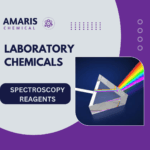 Spectroscopy Reagents
Spectroscopy Reagents Molecular Biology Reagents
Molecular Biology Reagents
 Precious Metal Extraction Agents
Precious Metal Extraction Agents
 Plasticizers
Plasticizers Polymerization Initiators
Polymerization Initiators Stabilizers
Stabilizers Monomers
Monomers Fillers and Reinforcements
Fillers and Reinforcements Antioxidants (plastics)
Antioxidants (plastics) Colorants (plastic pigments,Dyes)
Colorants (plastic pigments,Dyes)
 Fertilizers
Fertilizers Plant Growth Regulators
Plant Growth Regulators Soil Conditioners
Soil Conditioners Animal Feed Additives
Animal Feed Additives Biostimulants
Biostimulants
 Dough Conditioners
Dough Conditioners Flour Treatments
Flour Treatments Fat Replacers
Fat Replacers Preservatives (baking)
Preservatives (baking)
 Surfactants (cleaning)
Surfactants (cleaning) Builders
Builders Bleaching Agents
Bleaching Agents Enzymes
Enzymes Solvents (cleaning)
Solvents (cleaning) Fragrances
Fragrances Disinfectant
Disinfectant Metal cleaning
Metal cleaning
 Binders/Resins
Binders/Resins Pigments
Pigments Solvents (paint)
Solvents (paint) Additives
Additives Driers
Driers Anti-Corrosion Agents
Anti-Corrosion Agents Specialty Coatings
Specialty Coatings Functional Coatings
Functional Coatings Application-Specific Coatings
Application-Specific Coatings
 Sealants and Adhesives
Sealants and Adhesives
 Biodegradable Surfactants
Biodegradable Surfactants Bio-based Solvents
Bio-based Solvents Renewable Polymers
Renewable Polymers Carbon Capture Chemicals
Carbon Capture Chemicals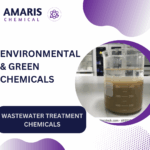 Wastewater Treatment Chemicals
Wastewater Treatment Chemicals
 Preservatives (food)
Preservatives (food) Flavor Enhancers
Flavor Enhancers Acidulants
Acidulants Sweeteners
Sweeteners Emulsifiers
Emulsifiers Antioxidants (food)
Antioxidants (food) Colorants (food)
Colorants (food) Nutrient Supplements
Nutrient Supplements Nutraceutical Ingredients
Nutraceutical Ingredients
 Fresh Herbs
Fresh Herbs Whole Spices
Whole Spices Ground Spices
Ground Spices Spice Blends
Spice Blends
 Surfactants(oil)
Surfactants(oil)
 Antibiotics
Antibiotics Active Pharmaceutical Ingredients
Active Pharmaceutical Ingredients Excipients
Excipients Vaccine Adjuvants
Vaccine Adjuvants Nutraceutical Ingredients
Nutraceutical Ingredients Solvents (pharmaceutical)
Solvents (pharmaceutical)
 Automotive chemicals
Automotive chemicals Pyrotechnic Chemicals
Pyrotechnic Chemicals


 Vulcanizing Agents
Vulcanizing Agents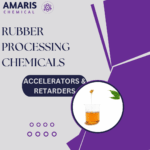 Accelerators & Retarders
Accelerators & Retarders Antidegradants
Antidegradants Reinforcing Agents
Reinforcing Agents Plasticizers & Softeners
Plasticizers & Softeners Fillers & Extenders
Fillers & Extenders Blowing Agents
Blowing Agents Adhesion Promoters
Adhesion Promoters

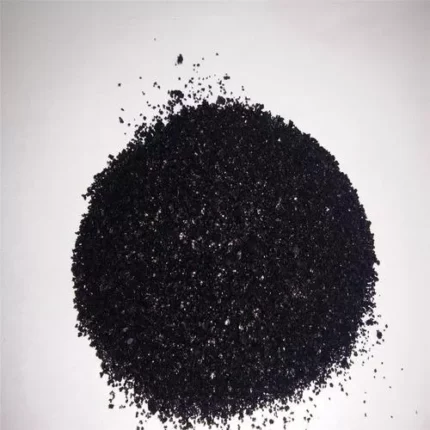
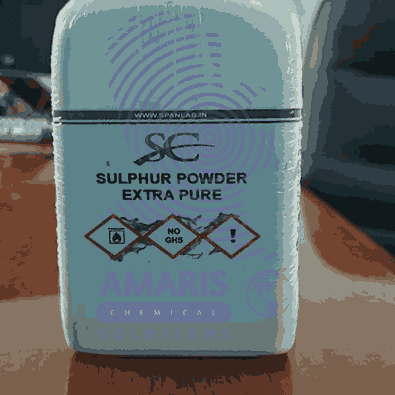
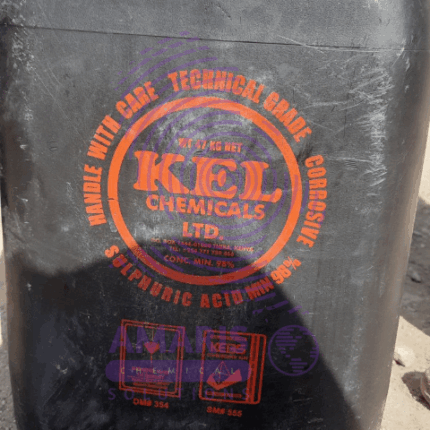
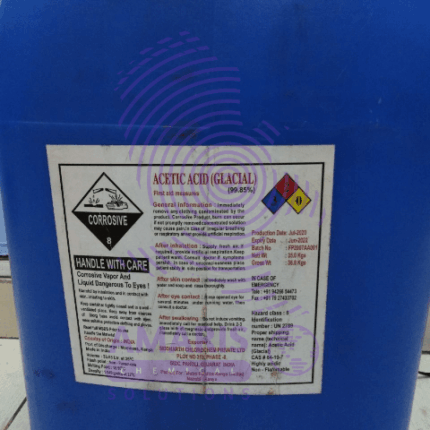
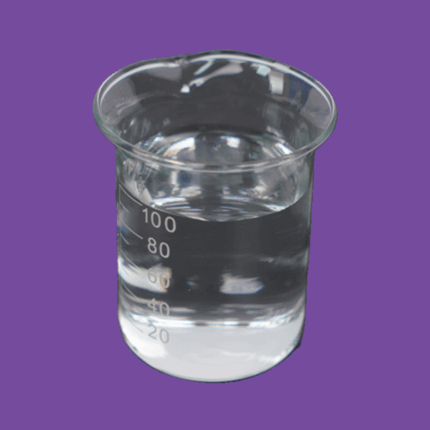

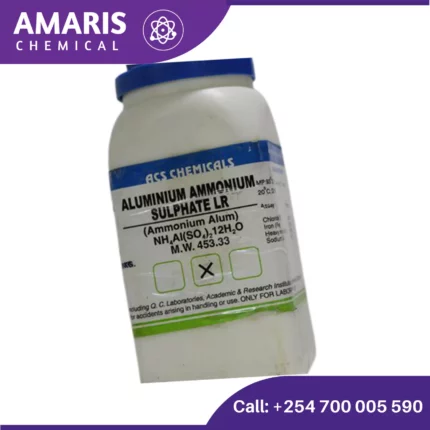
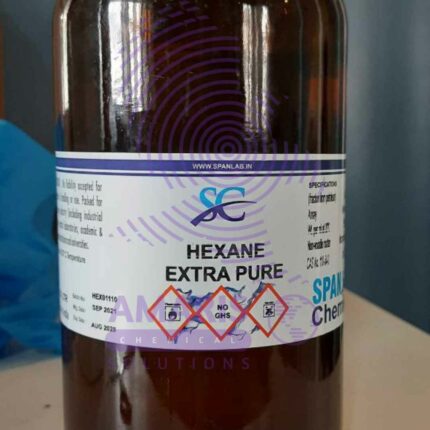
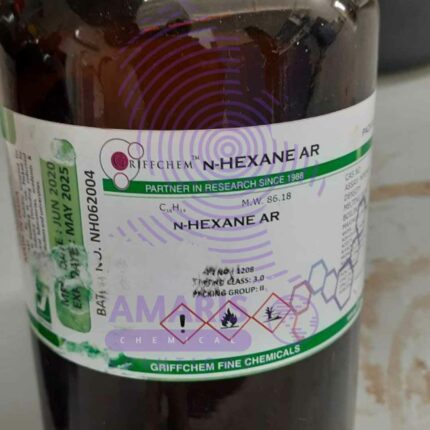
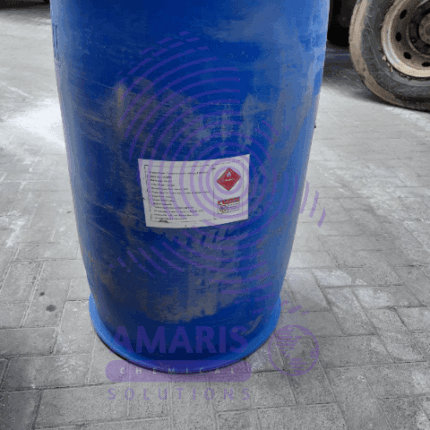
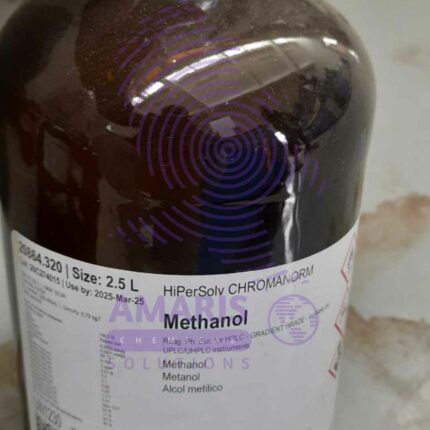
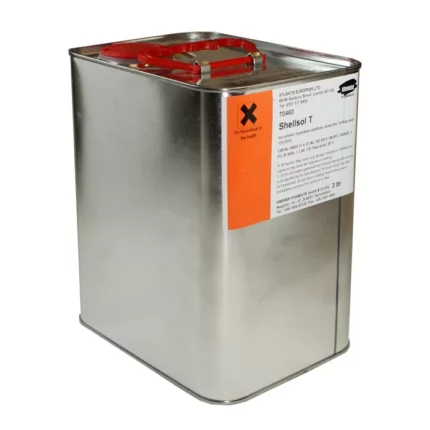
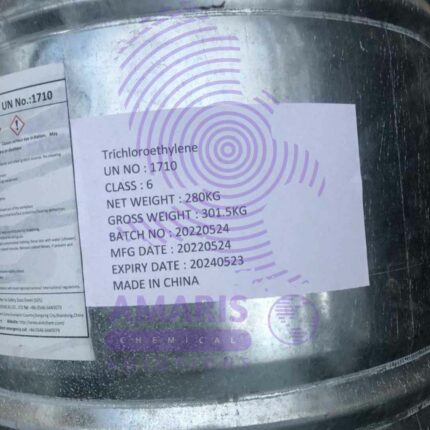
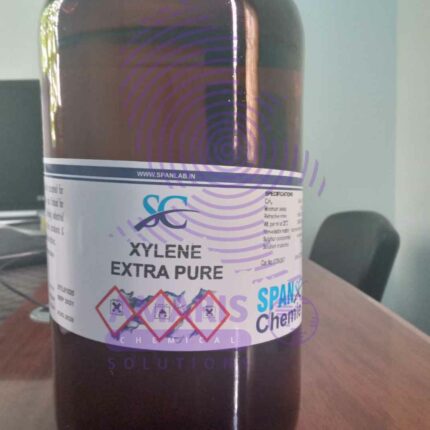













Reviews
There are no reviews yet.